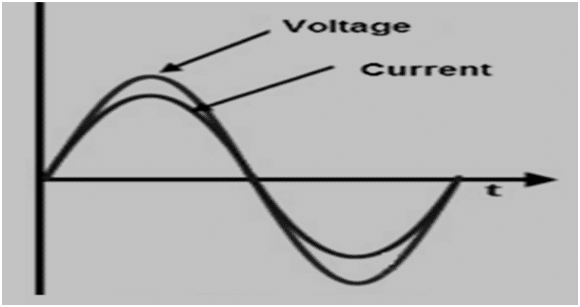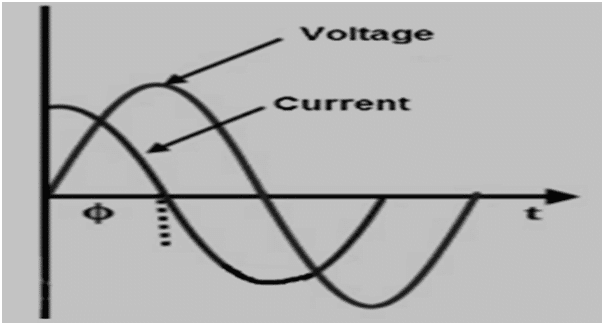An electric load refers to any device or component that consumes electrical energy and converts it into another form of energy, such as motion, light, heat, or sound.
In practical terms, the load is what is connected to the output of an electrical circuit. It can be a wide range of components, including resistors, capacitors, inductors, motors, air conditioners, and more.
Classification of Electric Load based on Nature
Based on nature, Electric Load is classified as follows:
- Inductive Load
- Resistive Load
- Capacitive Load
Inductive Load
An inductive load causes the current to lag behind the voltage, due to the creation of a magnetic field as the current flows through coils or windings. These loads store energy in magnetic fields and are typically found in devices that involve motion or magnetism.
Examples:
- Electric motors
- Transformers
- Fans
- Vacuum cleaners
- Washing machines
- Compressors
- Loudspeakers

Resistive Load
A resistive load is the simplest type of electrical load, where the voltage and current are in phase—that is, they rise and fall together. These loads do not store energy but instead convert all incoming electrical energy directly into heat.
Examples:
- Incandescent light bulbs
- Electric heaters
- Toasters
- Electric stoves

Capacitive Load
In a capacitive load, the current leads the voltage by 90 degrees. These loads store energy in the form of an electric field. Capacitive loads are less common in isolation and are often found in conjunction with other components within circuits.
Examples:
- Capacitors used in power factor correction
- Capacitors in motor start circuits
- Batteries during charging
- Certain electronic circuits (e.g., timing or filtering applications)
Capacitive loads are known for having a leading power factor, making them useful in improving the overall efficiency of electrical systems.


Leave a Reply